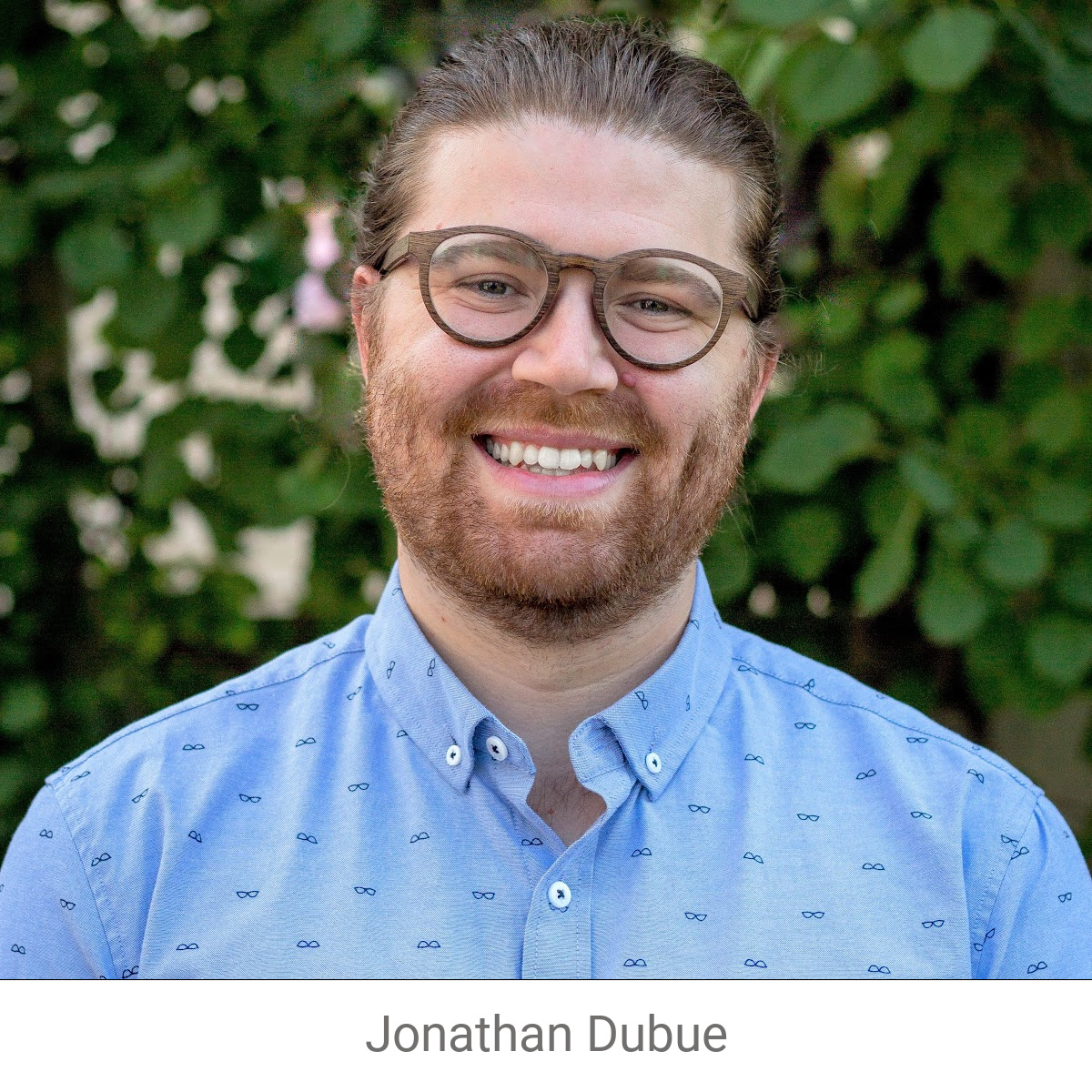Meeting the highest standards for success
Carmen Rojas - 12 July 2024
 The Faculty of Education is pleased to learn that Canada’s largest association for the science, practice and education of psychology has recognized three programs within the faculty as meeting the highest standards of psychological training in Canada.
The Faculty of Education is pleased to learn that Canada’s largest association for the science, practice and education of psychology has recognized three programs within the faculty as meeting the highest standards of psychological training in Canada.
Both the Counselling Psychology and School & Clinical Child Psychology (SCCP) doctoral programs recently learned that they have received another five years of accreditation from the Canadian Psychological Association (CPA). In addition, the Edmonton Cross-Specialty Psychology Residency Consortium (ECPRC) has received a six-year accreditation from the CPA for the first time.
Read on to learn more about the programs and the team effort required to attain accreditation.
Counselling Psychology
The latest accreditation renewal of the doctoral program in Counselling Psychology means it has been accredited for almost 25 years – a track record the program’s director of training Bill Whelton views as incredibly important.
“It affirms that we are maintaining the highest ethical and professional standards in what we are teaching and how we are preparing the new generation of leading psychological professionals,” he says.
This has benefits not only for students, but for the entire university.
“It opens doors [for students] afterwards, for the best internship and jobs,” he explains. “And the administration of the University of Alberta loves that we are accredited because they want to offer the best professional training programs.”
School & Clinical Child Psychology
This is the third time the SCCP professional training program has earned CPA accreditation, maintaining its unique position as one of only two dual-accredited programs of its kind in Canada.
“We think the best way we can serve kids is by specializing in both school and clinical settings so we can weave that knowledge together and meet whatever needs kids are presenting with, in whatever context they’re in,” explains Professor Jacqueline Pei, SCCP’s director of training and program coordinator.
As another veteran of the accreditation process, Pei also firmly believes the end result is worth the effort – resulting in a program that better serves its students, children and families, and the community.
“Accreditation is about accountability and constantly evaluating the extent to which we’re meeting our goals,” she says. “It’s also about ensuring our students are going to be highly competitive and have the kind of skill that puts them at the front of their field – and not just sitting at the front, but paving the way for others and really becoming innovators.”
Edmonton Cross-Specialty Psychology Residency Consortium
By earning accreditation for the first time, the ECPRC now holds the distinction of being one of the largest CPA-accredited residencies in Alberta.
Formally established in 2019, the ECPRC offers a clinical and counselling psychology residency training program hosted by the University of Alberta (Clinical Services), Millard Health (WCB Alberta), the YWCA Edmonton and the Cross Cancer Institute (Alberta Health Services).
This mix of public, not-for-profit and university partners makes the ECPRC unique among other consortiums of its kind, providing residents with exposure to a variety of opportunities. It also makes it possible to bring in sites that wouldn’t have the resources to run a CPA-accredited residency on their own, explains associate director of training Jonathan Dubue.
Like Whelton and Pei, Dubue and his colleagues view accreditation as meaningful for both the program and the students they train.
“The accreditation also validates our team’s efforts in creating something worthy of recognition,” he says. “Investing so much of our time into training is not really for money or fame; it’s a commitment from all of us to give back to our community and grow our profession so that our students can exceed us. Knowing we meet a high standard in our training validates a lot of work and supports our passion.”
A team effort
Earning accreditation is a rigorous, year-long process. It requires the program’s faculty and staff to compile a detailed self-study document and undergo a multi-day site visit with representatives from the CPA, resulting in an extensive report, before the accreditation panel makes its decision. All those involved with the accreditation process emphasize the tremendous team effort required for it to be a success.
“We couldn’t do it without the support of administrators, as well as administrative and support staff, in the faculty, the college and the university,” says Pei. “We are also deeply appreciative of our colleagues, our community supervisors and the students who come in and challenge us in really positive ways that help take us to the next level.”
“Absolutely none of this work would have been possible alone,” echoes Dubue, who credits the track coordinators from all four ECPRC sites for their contributions, as well as those who helped lay the foundation and build the consortium over the years, for their ability to reach the accreditation milestone for the first time.